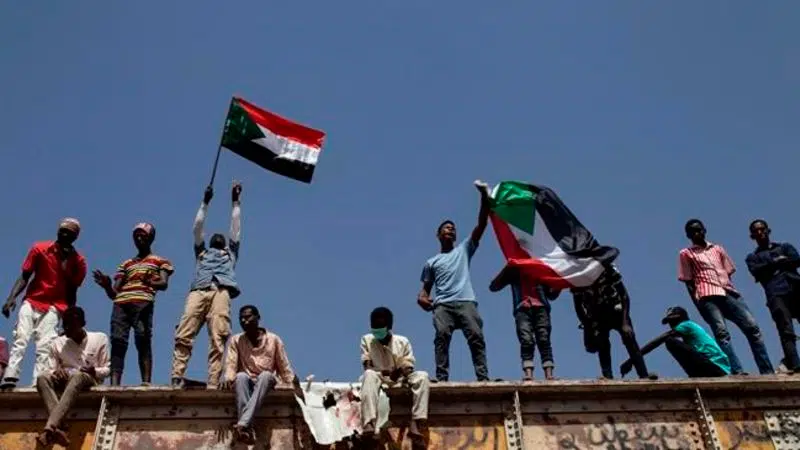
Sudan troops besiege protest camp, 2 reported killed
KHARTOUM, Sudan — Sudanese security forces moved against a protest sit-in camp in the capital Monday, witnesses and protest organizers said. Machine-gun fire and explosions were heard and smoke rose from the area.
Protest organizers said at least two people were killed.
The military’s move came after a weeks-long standoff with protesters seeking a speedy transition to civilian rule following the April ouster of long-time strongman Omar al-Bashir.


